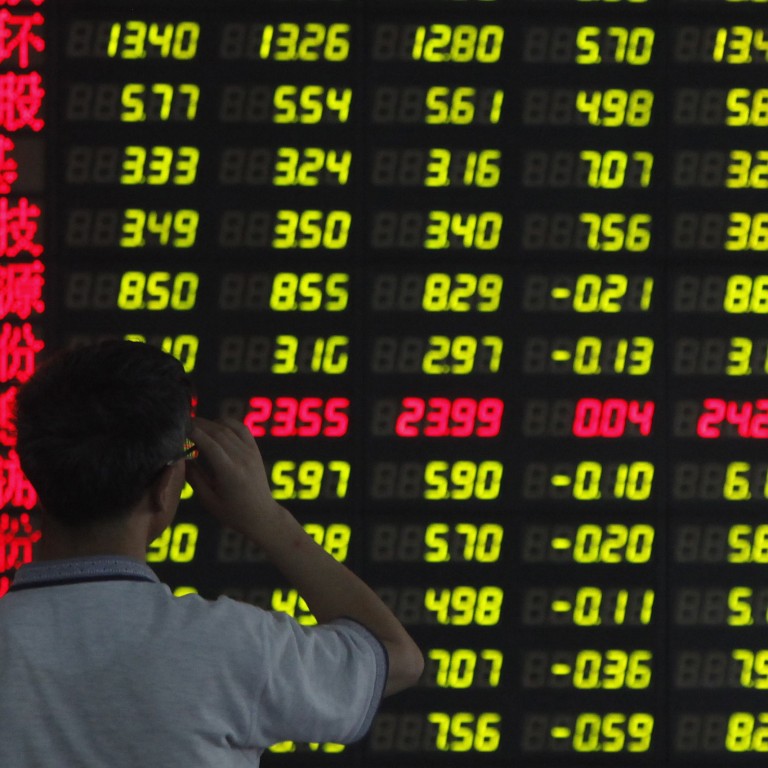
Game changer nowhere to be found for fund managers
Monte Carlo in the summer is best reached by snaking down the sun-baked hills in an open top sports car with the wind in your hair and the shades on your eyes.
The first sight of the city is as breathtaking as Hong Kong from the Peak. It is rather reminiscent of a bad French movie; made more so by the darkening of the mood in the conference centre when surrounded by hundreds of depressed fund managers bemoaning the woes of the investment industry.
The investment fund industry is only growing because the markets are going up; not because of the inflow of “new money”. In Asia, new investors have shunned investment funds more than most, favouring property and direct investment for their nest eggs, despite funds being an excellent and increasingly inexpensive investment solution.
While shedding no tears for such a well-heeled crowd, it is tough to make a profit. Heavy regulation, new technology, and mismanagement bordering on self-destruction, have destroyed the fabric of the industry that I entered 30 years ago. Investment fees have fallen 90 per cent while costs continue to soar, favouring the biggest fund houses.
To relieve the gloom, the organisers presented several terribly enthusiastic motivating speakers from other industries; neuroscience, retail, academia and a war games professor. They gave fascinating insights as they implored fund managers to think out of the box, do different things, seize the day. We were all fuddy-duddies who had not grasped the opportunities of the new technological age.
This may be true. The industry has mainly used programmers to automate jobs so creative skills sit unemployed on the street while the customer, large and small, is offered the same mediocre, mechanised investment solution which have barely changed in my 30-year career.
Any new ideas, such as exchange-traded funds, hedge funds, multi-asset portfolios, new analytical techniques (still based on past market correlations), smart beta (a form of asset allocation), and robo-advisers (internet-based standardised investment portfolios, which merely digitise something that has been done for at least 50 years) - are all incremental moves.
The industry is full of intelligent, energetic individuals and coupled with big budgets, it seems odd that no game-changer has emerged to revolutionise the industry as they have in almost every other industry.
Travel agents and print media were overcome in the early days of the internet, followed by bookselling from Amazon, music from Apple, and more recently taxis with Uber, and hotels with Air BnB. The rise of Google enabled data to be accessed with speed, if not always with accuracy and interpretation. Yet the investment industry has limited its customers to evolution not revolution.
The motivating speakers were naturally keen on digital stuff but, unbeknown to them, many of their ideas have already been tried and have made barely a dent on the investing industry.
Fund supermarkets, account aggregators, no-load funds, hedge funds, and computer and smartphone support have not led to a significant change in consumer behaviour. My first attempt at developing a single-site, smart beta investing system was called Pactive and was launched in the year 2000. I showed the idea to Easyjet (suggesting the brand, “Easymoney”) and Richard Branson’s Virgin but it was just after the dot com bubble and no-one wanted to invest.
I’ve been searching for that game-changing idea in investment for 20 years – it is elusive but we all know that it is out there. I just want to find it first. Quite possibly it will come from outside the industry. It will probably come from the digital arena, perhaps from the radical concept that investment is about making money (not about buying this or that fund), and it will need a sponsor behind it with serious vision and commitment (deep pockets). But who wants to invest in an industry where the players feel that it has poor prospects.
Maybe the investment industry really is - just different. After all, unlike an Olympic sportsman, our performance can’t improve from year to year. Despite technology and training, we are no better than the investment managers of 25 years ago when I could leave my portfolios for a 4-week holiday and still outperform the market. Customers now don’t believe that their fund managers are working unless they sweat every day’s close; and that has made us lose perspective.
Even when we find the game changer my old boss, perhaps the most instinctive and canny investor I’ve met, will still be right. He used to say, “The best way to make money in the markets – is for the market to go up!” The one salvation, at least in the next couple of years, is that seems likely to happen.
Richard Harris is chief executive of Port Shelter Investment Management

